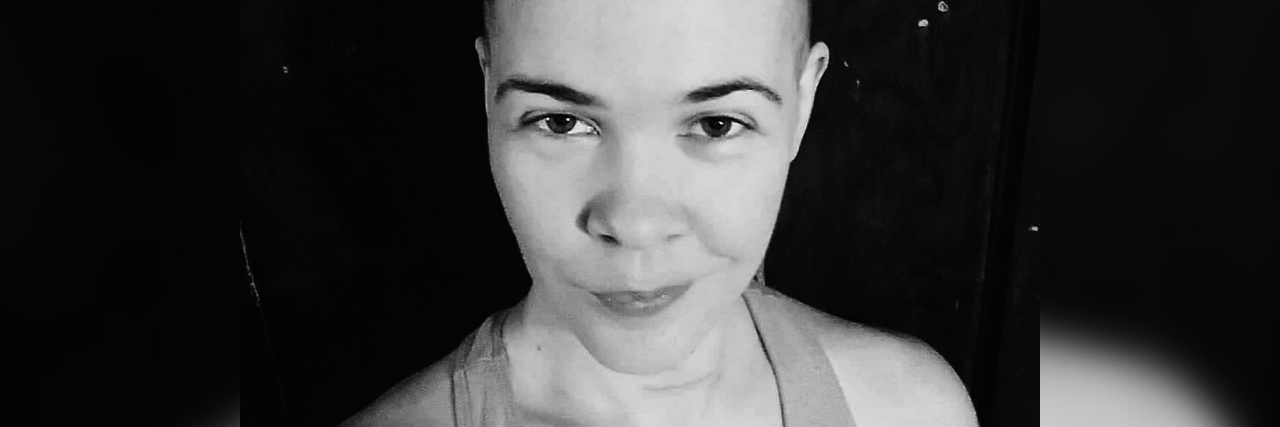It's OK to Acknowledge Your Chronic Illness Impacts Your Friends and Family
I hear it again and again from people who are chronically ill. I see it nearly every day in my Ehlers Danlos syndrome support group.
It resonates with most of us, and I am no exception. I’ve been cared for most of my life. I was just reaching an age of independence when a car accident left me completely disabled. I lived with my parents into my early 20’s and even after moving out, I often had to “come home” to be cared for during flares or for surgery.
• What is Ehlers-Danlos Syndrome?
• What Are Common Ehlers-Danlos Syndrome Symptoms?
Your health takes this toll on you every moment of every day, and you need help. The problem is you hate feeling like a burden to anyone. To top it off, some of us have heard from our loved ones how hard it is to live with us, and it cuts especially deep because it is not something we can “work on.” It is a part of our existence and it was forced upon us.
Usually, when I see it in a group, the discussion goes something like: “So and so (usually someone important to them) said that they are tired of all this medical stuff happening with me all the time, and wish that we could just do something ‘normal’ for a change.”
Then tons of replies will be something along the lines of, “They need to get some perspective and realize how much you are struggling, and if they can’t see that you have it the worst and get over having to deal with it, then they just aren’t worth your time.”
Here’s why I emphatically disagree with that.
First off, I’m pretty fed up with all this medical stuff too, and absolutely wish we could do “normal” family, friend, couple stuff.
I get it, but just because I’m in the center of it does not mean I get a monopoly on feeling that way. Everyone around me is a human being who wants certain things in life, and nobody wishes for a chronic illness to interfere with their day-to-day lives, whether it is by having one or being the caretaker of someone who has one. You can absolutely love someone enough to raise them, befriend them or marry them and still be frustrated by the circumstances and limitations that are forcibly imposed by a body that makes every activity, and often conversation, immensely more challenging.
Secondly, I know it hurts, but it isn’t personal. It’s the circumstance. The challenges. There is always going to be a part of me that takes it to heart, but that’s something I want to work on.
I’m sensitive and insecure, and overthinking is an issue for me, so I often want to push people away in the first place. So when I hear anything even remotely along the lines of, “I’m tired of dealing with this,” I want to push harder and say, “Just leave me then. I don’t have a choice, but everyone else in my life gets to decide to be here or not, so choose someone easier to be around!”
The rational part of me realizes that this frustration isn’t directed at me. It is directed at the circumstance. In my relationships, I’ve tried to learn that it’s OK for other people to feel frustrated about my health — as long as they express it in a respectful way. In my experience, letting everyone be a little more honest helps build better relationships. The people I have in my life are all amazing, and they absolutely go above and beyond for me. The least I can do is acknowledge that it isn’t exactly a fairytale friendship, parenthood or relationship to try and schedule around my symptoms, listen to medical lectures, etc.
I think what we forget is that it doesn’t have to be perfect, or easy, or in any way what we imagined, to be worth it. We can be aware of the challenges while still knowing that some people find us worth the effort, and that is pretty darn amazing. If we could take a step back from the hurt and hone in the fact that there are people who want to be around us, just so they can spend time with us, I think we’d find it easier to accept when our loved ones express exasperation in moments of feeling overwhelmed by it all.
What do you think?
Image provided by contributor

